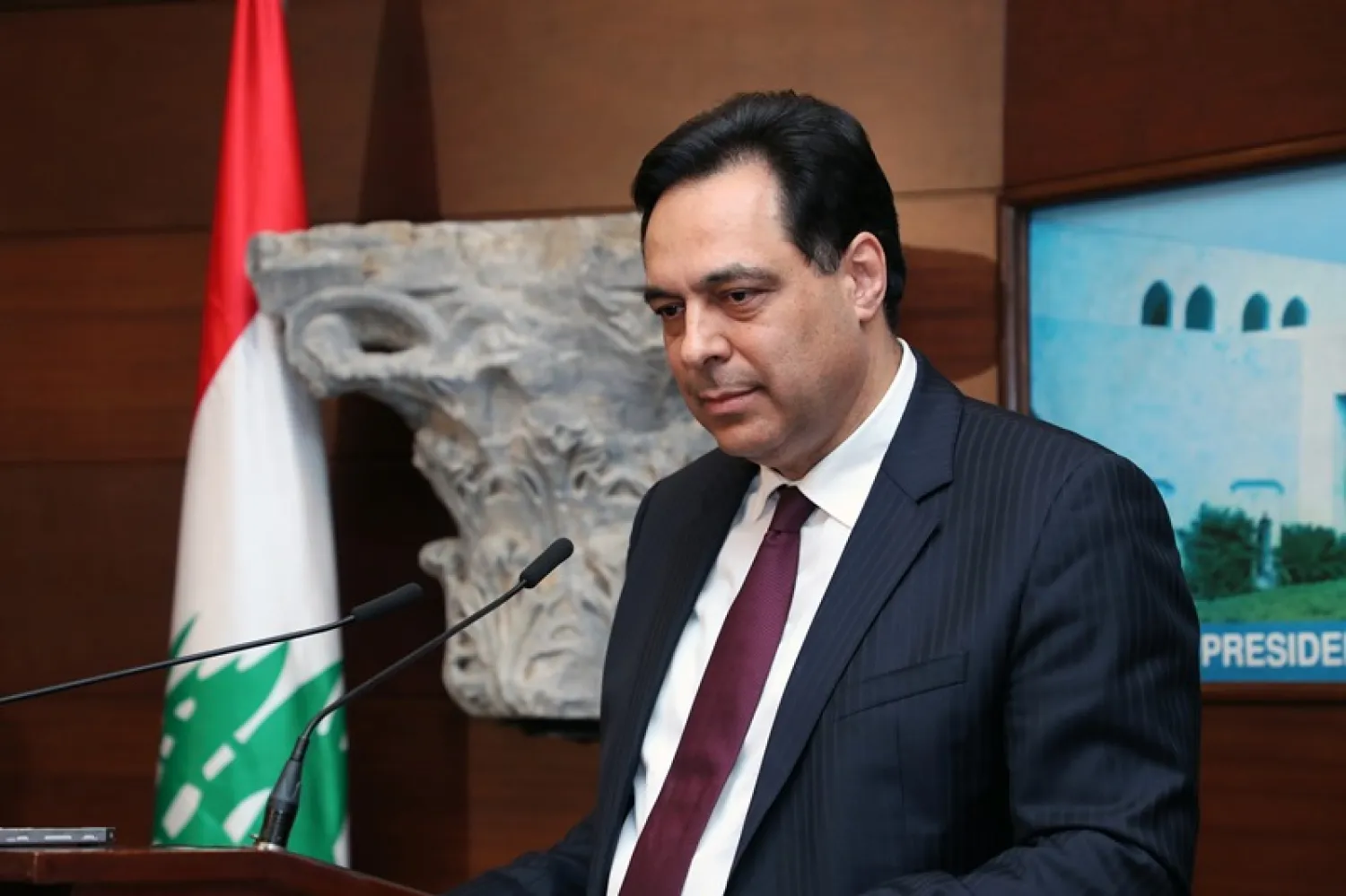A French envoy is expected in Beirut early next week to be briefed on the plans of the new government, which is badly in need of international aid pledged at the CEDRE donors conference held in Paris in 2018.
“Christophe Farno, director of the Middle East and North Africa Department at the French Foreign Ministry, is expected to arrive in Beirut soon,” a Lebanese diplomatic source in Paris told Asharq Al-Awsat Thursday.
Farno visited Beirut last November.
At the CEDRE conference held in Paris in April 2018, international donors pledged to provide Lebanon with $11 billion in loans and grants on condition that the country conducts serious reforms.
The CEDRE decisions list 72 reform projects.
A Lebanese government official told Asharq Al-Awsat on Thursday that Lebanon could soon receive a French green light on the implementation of some projects, which Beirut had proposed to the conference’s Paris-based secretariat. They include solutions to Lebanon’s electricity sector and a project on a highway linking Jiyyeh and Choueifat.
“France is expected to release funds (to implement) these projects following a visit by Prime Minister Hassan Diab to Paris, where he is expected to meet with President Emmanuel Macron and announce the implementation of some of the projects announced at the CEDRE conference,” the source said.
Last month, Lebanon formed Diab's new cabinet with pledges to work on necessary reforms to save the country from an economic and financial collapse.
On Wednesday, the French Foreign Ministry said the government must act quickly to respond to the economic, social and political expectations that the Lebanese people have been expressing for several months.
The Lebanese official source said that the French Ministry did not welcome the formation of the new cabinet. However, he stated that the international community awaits the reforms that the government is expected to introduce, mainly on economic transparency, fighting corruption and its ability to withstand economic and financial shocks.









